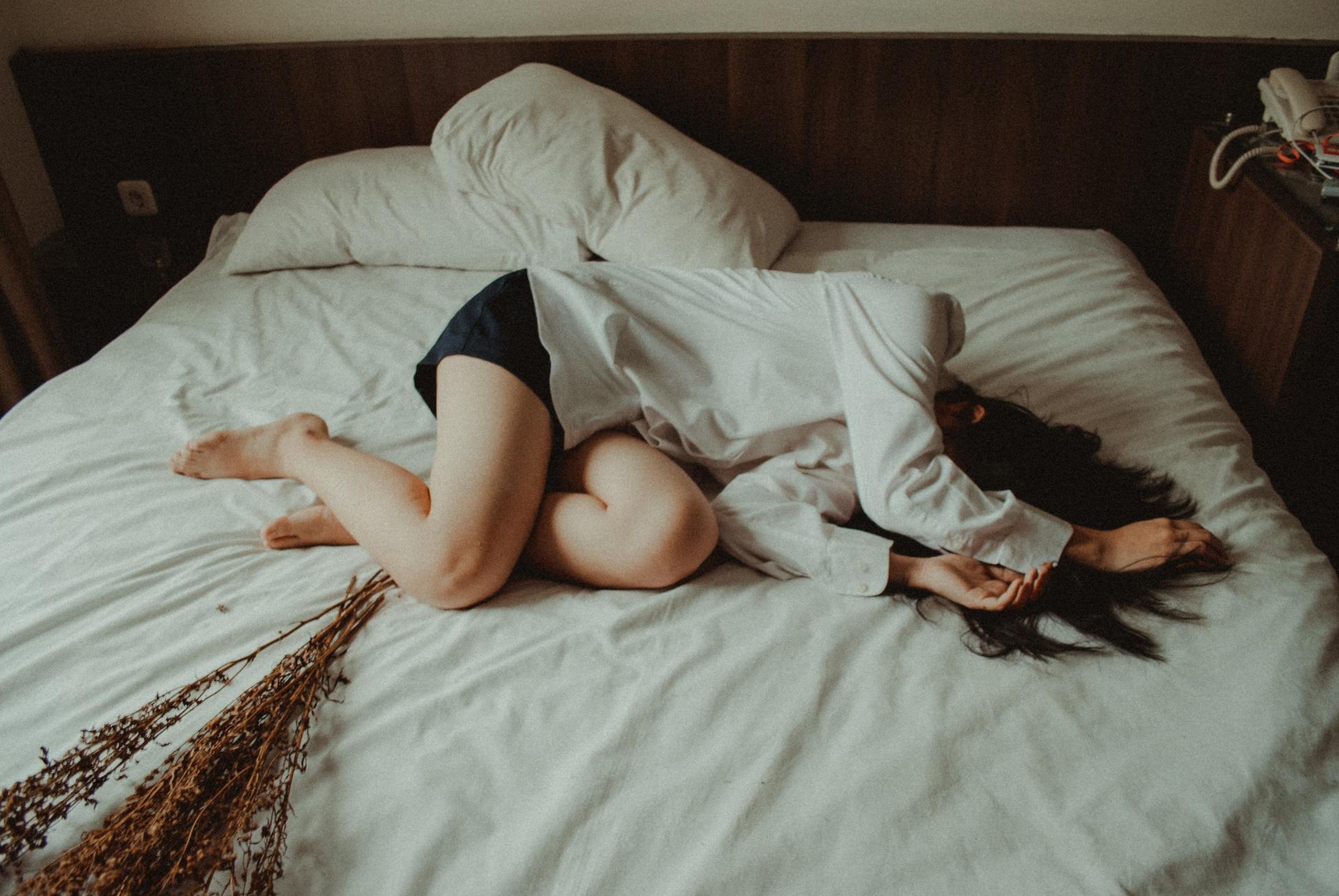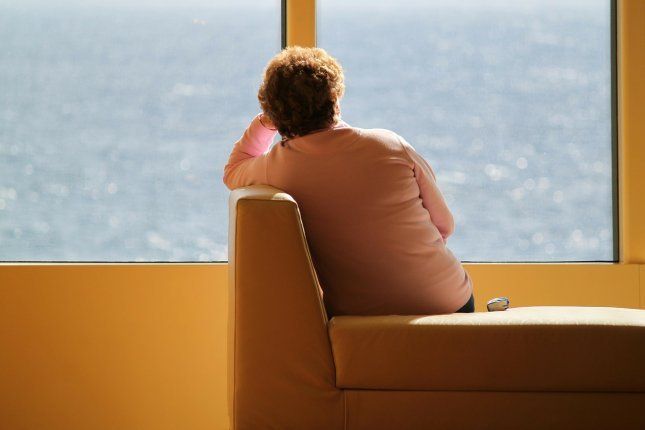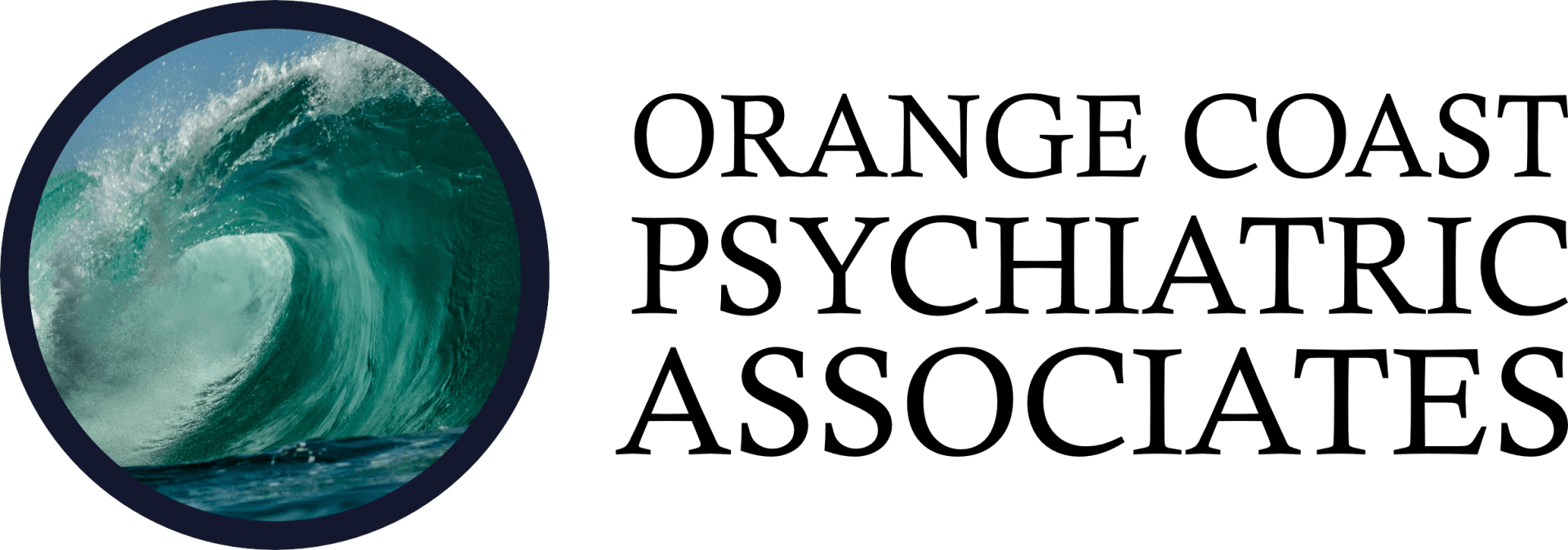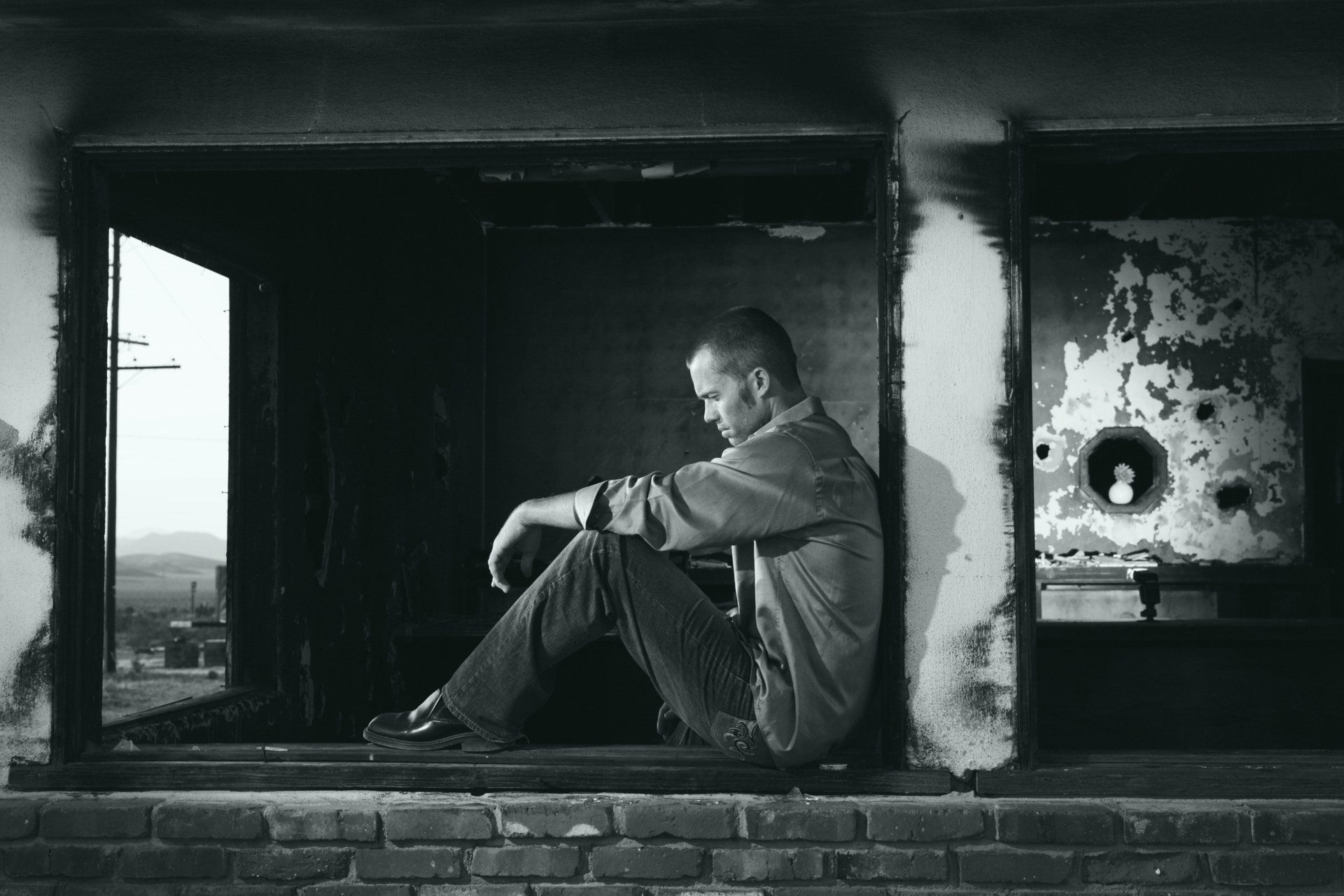Sleep and mental health
Sleep deprivation can affect your mental health

Sleep and mental health are closely connected. Sleep deprivation affects your psychological state and mental health. And those with mental health problems are more likely to have insomnia or other sleep disorders.
Americans are notoriously sleep deprived, but those with psychiatric conditions are even more likely to be yawning or groggy during the day. Chronic sleep problems affect 50% to 80% of patients in a typical psychiatric practice, compared with 10% to 18% of adults in the general U.S. population. Sleep problems are particularly common in patients with anxiety, depression, bipolar disorder, and attention deficit hyperactivity disorder (ADHD).
Traditionally, clinicians treating patients with psychiatric disorders have viewed insomnia and other sleep disorders as symptoms. But studies in both adults and children suggest that sleep problems may raise risk for, and even directly contribute to, the development of some psychiatric disorders. This research has clinical application, because treating a sleep disorder may also help alleviate symptoms of a co-occurring mental health problem.
The brain basis of a mutual relationship between sleep and mental health is not yet completely understood. But neuroimaging and neurochemistry studies suggest that a good night's sleep helps foster both mental and emotional resilience, while chronic sleep deprivation sets the stage for negative thinking and emotional vulnerability.
Key points
- Sleep problems are more likely to affect patients with psychiatric disorders than people in the general population.
- Sleep problems may increase risk for developing particular mental illnesses, as well as result from such disorders.
- Treating the sleep disorder may help alleviate symptoms of the mental health problem.
How sleep affects mental health
Every 90 minutes, a normal sleeper cycles between two major categories of sleep — although the length of time spent in one or the other changes as sleep progresses.
During "quiet" sleep, a person progresses through four stages of increasingly deep sleep. Body temperature drops, muscles relax, and heart rate and breathing slow. The deepest stage of quiet sleep produces physiological changes that help boost immune system functioning.
The other sleep category, REM (rapid eye movement) sleep, is the period when people dream. Body temperature, blood pressure, heart rate, and breathing increase to levels measured when people are awake. Studies report that REM sleep enhances learning and memory, and contributes to emotional health — in complex ways.
Although scientists are still trying to tease apart all the mechanisms, they've discovered that sleep disruption — which affects levels of neurotransmitters and stress hormones, among other things — wreaks havoc in the brain, impairing thinking and emotional regulation. In this way, insomnia may amplify the effects of psychiatric disorders, and vice versa.
Psychological effects of sleep deprivation
More than 70 types of sleep disorders exist. The most common problems are insomnia (difficulty falling or staying asleep), obstructive sleep apnea (disordered breathing that causes multiple awakenings), various movement syndromes (unpleasant sensations that prompt night fidgeting), and narcolepsy (extreme sleepiness or falling asleep suddenly during the day).
Type of sleep disorder, prevalence, and impact vary by psychiatric diagnosis. But the overlap between sleep disorders and various psychiatric problems is so great that researchers have long suspected both types of problems may have common biological roots.
Depression. Studies using different methods and populations estimate that 65% to 90% of adult patients with major depression, and about 90% of children with this disorder, experience some kind of sleep problem. Most patients with depression have insomnia, but about one in five suffer from obstructive sleep apnea.
Insomnia and other sleep problems also increase the risk of developing depression. A longitudinal study of about 1,000 adults ages 21 to 30 enrolled in a Michigan health maintenance organization found that, compared with normal sleepers, those who reported a history of insomnia during an interview in 1989 were four times as likely to develop major depression by the time of a second interview three years later. And two longitudinal studies in young people — one involving 300 pairs of young twins, and another including 1,014 teenagers — found that sleep problems developed before major depression did.
Insomnia and other sleep problems affect outcomes for patients with depression. Studies report that depressed patients who continue to experience insomnia are less likely to respond to treatment than those without sleep problems. Even patients whose mood improves with antidepressant therapy are more at risk for a relapse of depression later on. Depressed patients who experience insomnia or other sleep disturbances are more likely to think about suicide and die by suicide than depressed patients who are able to sleep normally.
Bipolar disorder. Studies in different populations report that 69% to 99% of patients experience insomnia or report less need for sleep during a manic episode of bipolar disorder. In bipolar depression, however, studies report that 23% to 78% of patients sleep excessively (hypersomnia), while others may experience insomnia or restless sleep.
Longitudinal studies suggest that insomnia and other sleep problems worsen before an episode of mania or bipolar depression, and lack of sleep can trigger mania. Sleep problems also adversely affect mood and contribute to relapse.
Anxiety disorders. Sleep problems affect more than 50% of adult patients with generalized anxiety disorder, are common in those with post-traumatic stress disorder (PTSD), and may occur in panic disorder, obsessive-compulsive disorder, and phobias. They are also common in children and adolescents. One sleep laboratory study found that youngsters with an anxiety disorder took longer to fall asleep, and slept less deeply, when compared with a control group of healthy children.
Insomnia may also be a risk factor for developing an anxiety disorder, but not as much as it is for major depression. In the longitudinal study of teenagers mentioned earlier, for example, sleep problems preceded anxiety disorders 27% of the time, while they preceded depression 69% of the time.
But insomnia can worsen the symptoms of anxiety disorders or prevent recovery. Sleep disruptions in PTSD, for example, may contribute to a retention of negative emotional memories and prevent patients from benefiting from fear-extinguishing therapies.
ADHD. Various sleep problems affect 25% to 50% of children with ADHD. Typical problems include difficulty falling asleep, shorter sleep duration, and restless slumber. The symptoms of ADHD and sleeping difficulties overlap so much it may be difficult to tease them apart. Sleep-disordered breathing affects up to 25% of children with ADHD, and restless legs syndrome or periodic limb movement disorder, which also disrupt sleep, combined affect up to 36%. And children with these sleeping disorders may become hyperactive, inattentive, and emotionally unstable — even when they do not meet the diagnostic criteria for ADHD.
Sleep and mental health lifestyle changes
In some respects, the treatment recommended for the most common sleep problem, insomnia, is the same for all patients, regardless of whether they also suffer from psychiatric disorders. The fundamentals are a combination of lifestyle changes, behavioral strategies, psychotherapy, and drugs if necessary.
Lifestyle changes. Most people know that caffeine contributes to sleeplessness, but so can alcohol and nicotine. Alcohol initially depresses the nervous system, which helps some people fall asleep, but the effects wear off in a few hours and people wake up. Nicotine is a stimulant, which speeds heart rate and thinking. Giving up these substances is best, but avoiding them before bedtime is another option.
Physical activity. Regular aerobic activity helps people fall asleep faster, spend more time in deep sleep, and awaken less often during the night.
Sleep hygiene. Many experts believe that people learn insomnia, and can learn how to sleep better. Good "sleep hygiene" is the term often used to include tips like maintaining a regular sleep-and-wake schedule, using the bedroom only for sleeping or sex, and keeping the bedroom dark and free of distractions like the computer or television. Some experts also recommend sleep retraining: staying awake longer in order to ensure sleep is more restful.
Relaxation techniques. Meditation, guided imagery, deep breathing exercises, and progressive muscle relaxation (alternately tensing and releasing muscles) can counter anxiety and racing thoughts.
Cognitive behavioral therapy. Because people with insomnia tend to become preoccupied with not falling asleep, cognitive behavioral techniques help them to change negative expectations and try to build more confidence that they can have a good night's sleep. These techniques can also help to change the "blame game" of attributing every personal problem during the day on lack of sleep.
This article originally published by Harvard Medical School
By the Harvard Health
Suggested Reading:
Why We Sleep: Unlocking the Power of Sleep and Dreams, by Matthew Walker
Orange County Psychiatric Associates, in Mission Viejo, works with adolescents, and adults to enable them to live their lives to their fullest. Orange Coast Psychiatric Associates tailors treatments based on the understanding that both body and mind must be treated in order to promote better mental and physical health. Let us help you improve your quality of life with specialized care for you.




